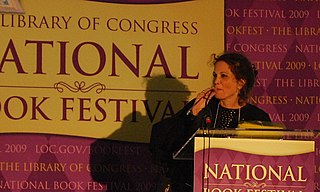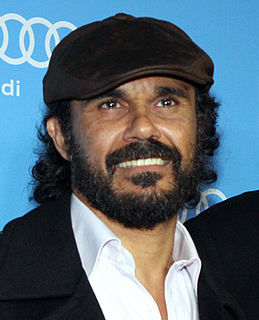A Quote by Maya Angelou
We are all human; therefore, nothing human can be alien to us.
Related Quotes
Sartre is one example of someone who does just this. Every text is, after all, a human document and whatever Kierkegaard thought about God was clearly a matter of human thought that can, in principle, be retrieved and interpreted by other human beings. A phenomenological approach to religion must, it seems to me, adopt the old adage: nothing human is alien to me.
If a human being dreams a great dream, dares to love somebody; if a human being dares to be Martin King, or Mahatma Gandhi, or Mother Theresa, or Malcolm X; if a human being dares to be bigger than the condition into which she or he was born-it means so can you. And so you can try to stretch, stretch, stretch yourself so you can internalize, 'Homo sum, humani nil a me alienum puto. I am a human being, nothing human can be alien to me.' That's one thing I'm learning.
Today it is not alive. What, then, is this experience of humanism? With the above survey I have tried to show you that the experience of humanism is that — as Terence expressed it — “Nothing human is alien to me”; that nothing which exists in any human being does not exist in myself. I am the criminal and I am the saint. I am the child and I am the adult. I am the man who lived a hundred thousand years ago and I am the man who, provided we don't destroy the human race, will live hundred thousand years from now.
The experience I'm talking about has given me one certainty: the salvation of this human world lies nowhere else than in the human heart, in the human power to reflect, in human meekness and in human responsibility. Without a global revolution in human consciousness, nothing will change for the better, and the catastrophe toward which this world is headed will be unavoidable.





































